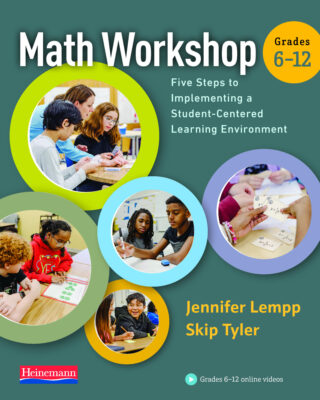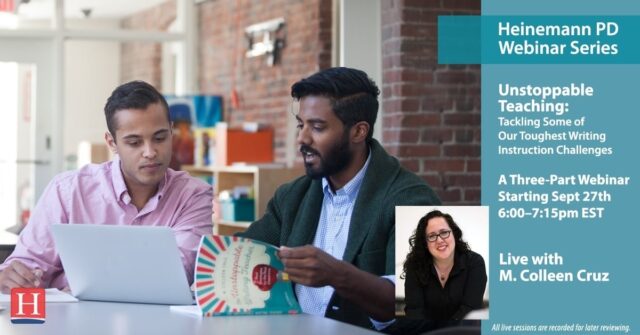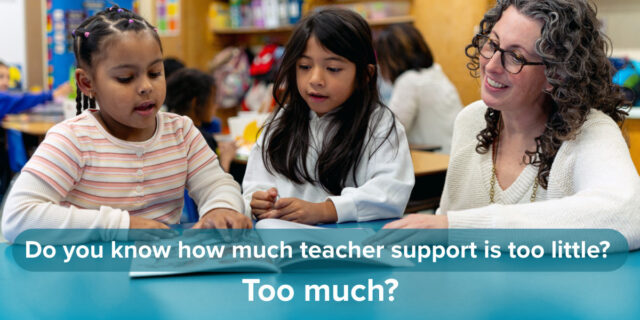
The following is an adapted excerpt from Jennifer Lemmp and Skip Tyler's Math Workshop, Grades 6-12.
***
What Is Math Workshop?
In education, things seem to constantly be changing. As teachers, we wonder how long the latest new thing is going to be around. We wonder what will replace it. We may wonder why the change has to happen and how much we will be asked to do. We often ask ourselves, “Do I really need to do this or will it be gone by next year? Is this a new initiative? I’ll outlast this latest new educational fad, right?”
It is fair to ask these same questions about math workshop. However, even if the term math workshop is replaced by a new fancy term one day, the philosophy of math workshop is here to stay. It is here to stay because math workshop, in its simplest definition, is quality mathematics instruction. See the 7 Characteristics of Math Workshop.
What is quality mathematics instruction? If we expect that our instruction is going to be strong, then we need to ensure that our instruction reaches all learners; that students are engaged in daily, rich mathematical discussions; and that we allow ample time for students to grapple with mathematical ideas.
Math workshop is a model of instruction that allows for all students to be engaged in mathematics. It is more of a philosophy than a curriculum or lesson plan template. It includes accessible mathematical tasks, open-ended problem solving, small-group instruction, student choice, reflection, discourse, and time for practice of important concepts throughout the year.
Why Math Workshop?
Why implement math workshop in your classroom? Math workshop has many benefits, but in a nutshell, it provides an opportunity for:
- Differentiation: provides students with targeted differentiated instruction based on individual student needs;
- Small-group instruction: provides opportunities for immediate feedback, personalized learning, and teacher knowledge of student understanding;
- Student choice: encourages independence, autonomy, responsibility, and student ownership and supports them as mathematicians;
- Academic discourse: provides students with engaging learning experiences that promote mathematical thinking, discourse, and a positive disposition toward mathematics;
- Continued practice of big ideas: supports connections of mathematical ideas and helps students develop a deeper understanding and mastery of content.
When Does Math Workshop Happen?
Math workshop happens each and every day in your classroom. Making math workshop work for you will be easier if your team works collaboratively and there is a well-established professional learning community (PLC) at your school. “PLCs, when done well, support the thinking, decision making, and learning in our schools and classrooms,” as Fisher et al. (2020) explain. However, even if you are teaching solo in a one-room schoolhouse, implementing math workshop is still doable and worth it.
Whether you are working in a team or individually, consider creating a larger professional learning community of math workshop teachers by networking at conferences or social media. Once you start on this path, it’s likely you’ll never go back.
Remember, math workshop is more of a philosophy than a prescribed lesson plan. It is not something that is done once a week or for test review. The beauty of math workshop is that it becomes a part of who you are as a mathematics teacher. When we use math workshop as our model of instruction, we believe in a student’s right to a deep, conceptually based education. We believe that students learn from exploration. We believe that all students are bright, talented, and wonderful thinkers. We believe that students can and should learn from one another through collaboration and rich mathematical discourse. And we believe in the power of preparing students to become problem solvers!



